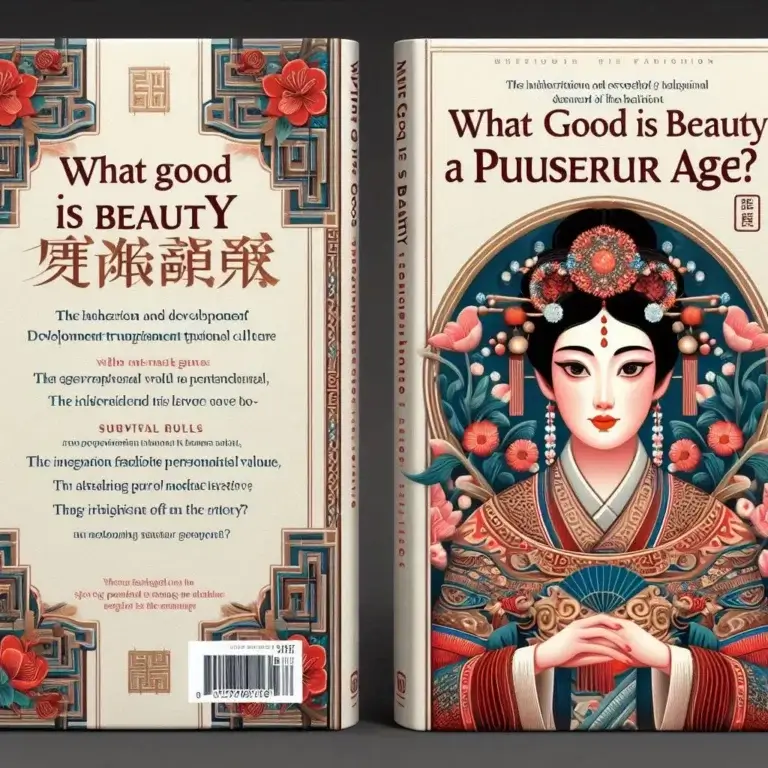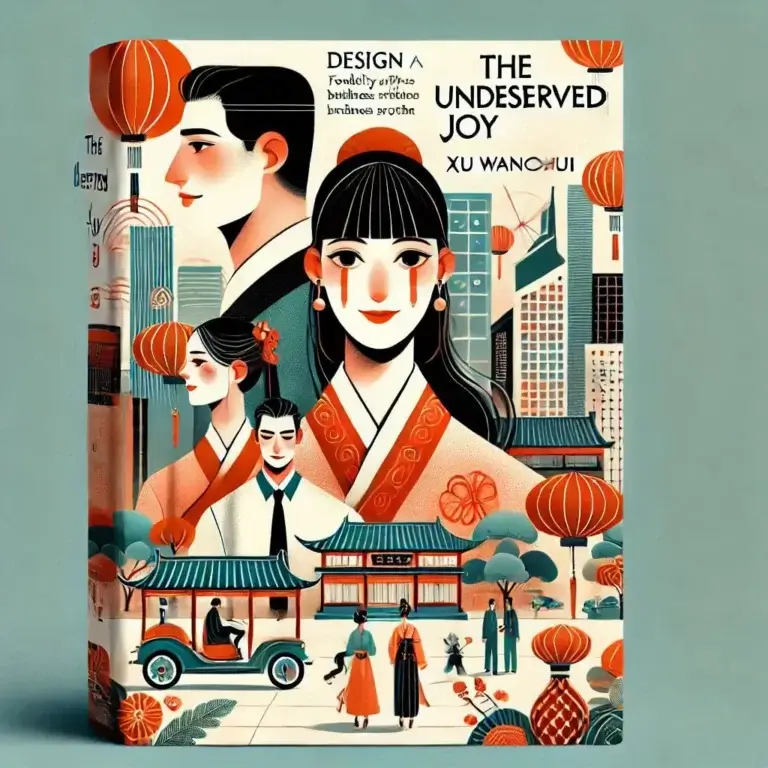“I know,” An Jin’s voice was slightly hoarse. “Just a habit.”
An Jin rustled while getting dressed. I decided to be shameless, pulling out the handkerchief my mother embroidered and stuffing it into his arms without looking, then diving under the covers.
After a long silence, I thought he had left and poked my head out, but found his face inches from mine, looking strange.
“Did you embroider this?”
I was about to nod but shook my head. “It was my mother. You know I can’t embroider such things…”
He stared at the handkerchief’s flowers for a long time.
“Don’t embroider anymore.”
Chapter Seven: Old Acquaintance Duan Chang
Before coming to Yanfeng, my parents lived in a small town in the southern Qi Kingdom, bordering South Rui Kingdom. According to my mother, I was born when the distant flowers were blooming, filling the garden with fragrance. She named me “Yao.” I found this highly suspicious; given her personality, it was unlikely she was moved by seasonal sentiments. She probably just couldn’t be bothered to think of a name.
Although I didn’t care much about the distant flowers, An Jin’s words were disheartening, leaving me low-spirited. Sensing my mood, An Jin wanted to explain but didn’t know how. He suggested we go to East Street for breakfast after morning court, which cheered me up, and I went back to sleep.
I slept soundly, not waking until after the hour of chen. My mother-in-law lived a secluded life, rarely leaving her room. During the early days of my marriage, I followed the custom of morning and evening greetings but was coldly rejected and told never to enter her space without permission.
Father-in-law would rise at dawn and go to his study, leaving the house quiet, with only a few maids and servants doing chores.
I enjoyed the freedom of sleeping in until I naturally awoke. Que’er brought water and opened the bamboo curtains, allowing warm sunlight to flood in. Looking outside, she cheerfully asked, “Madam, would you like porridge or rice for breakfast?”
As I washed up, I waved her off and said, “I’m going to Xuanwu Gate to meet my husband after court.”
Que’er asked excitedly, “Did the Lord stay here last night?”



